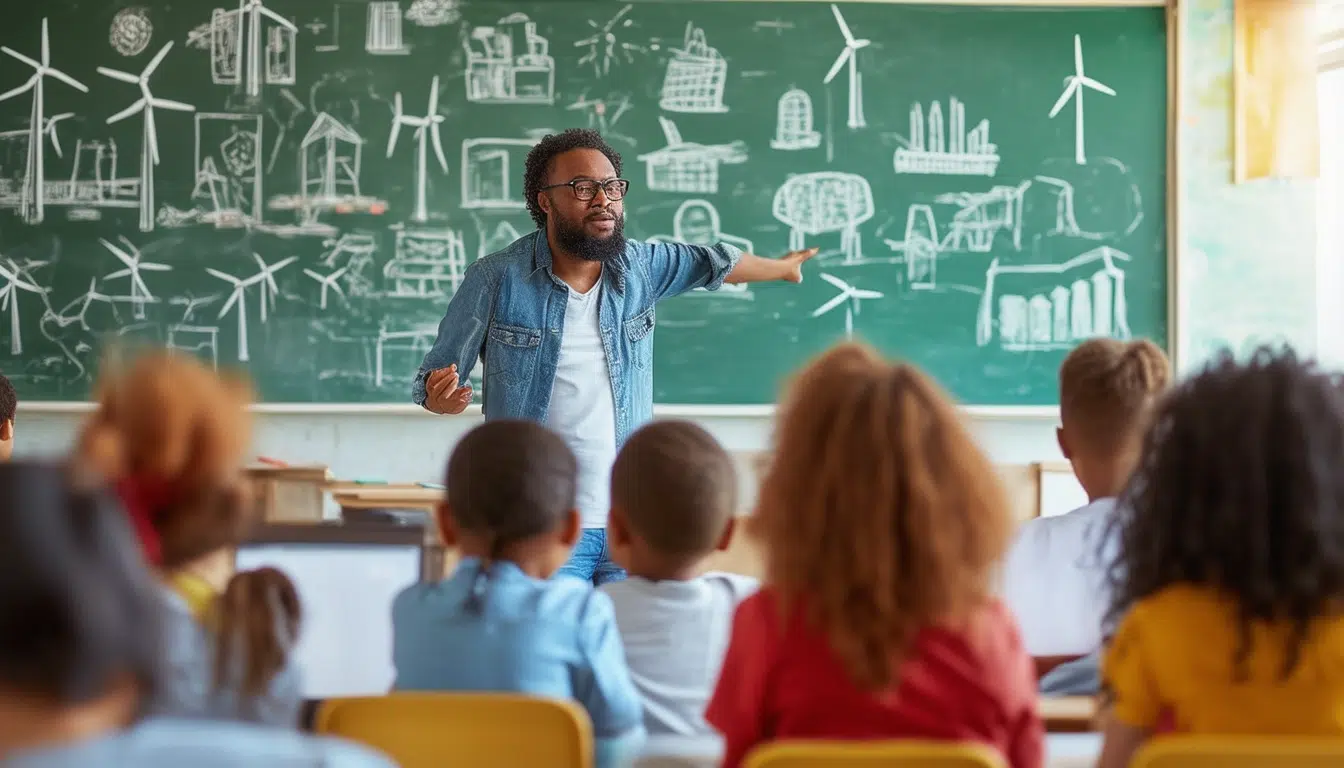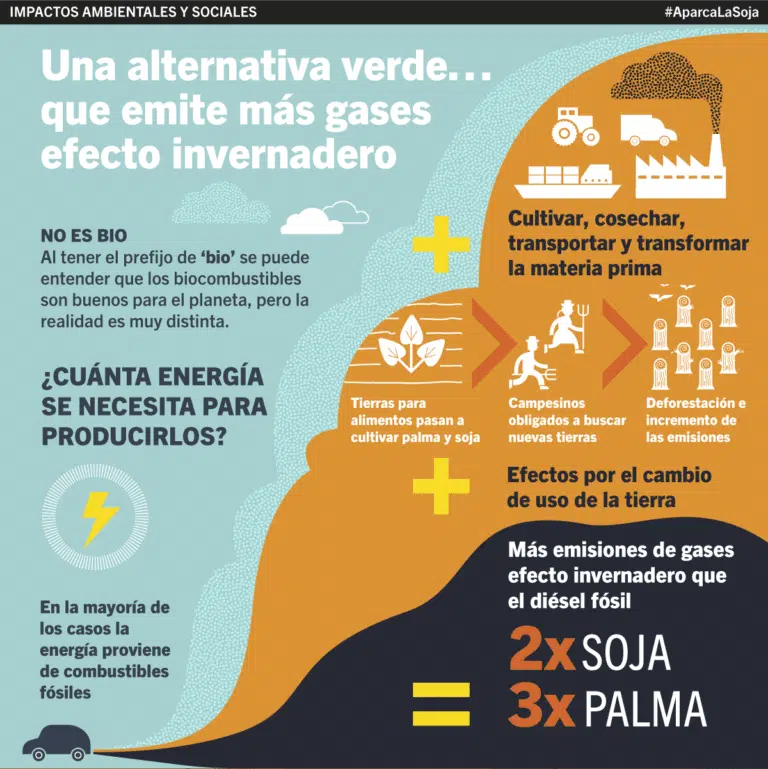The importance of education in energy efficiency

Education in energy efficiency plays a crucial role in building a sustainable future. Through training and awareness about how to responsibly use energy resources, habits can be changed that not only reduce energy consumption but also contribute to the reduction of polluting gas emissions. This type of education enables individuals and communities to not only understand the importance of renewable energy sources but also to implement measures that generate significant economic savings in the long term. Thus, education in this field promotes greater well-being and creates healthier and more conducive environments for learning and development.
Education in energy efficiency plays a fundamental role in our daily lives, not only to improve individual habits towards more responsible consumption but also to contribute to environmental conservation. Through an educational approach, significant changes can be achieved in the use of energy resources, thus helping to reduce polluting gas emissions and promoting a more sustainable future.
Fostering responsible habits
Education in this area allows individuals to understand the importance of their daily decisions. From the consumption of electricity in the home to the use of transportation, each action has a direct impact on the environment. Adopting more sustainable habits requires not only information but also an awareness that can be fostered through education.
Significant economic savings
Beyond environmental benefits, energy education can also result in substantial economic savings. By learning to use resources more efficiently, costs can be reduced in gas and electricity bills. Schools, for example, by implementing energy efficiency programs, can optimize their consumption and allocate those savings to other educational areas.
Improving quality of life in schools
The implementation of energy efficiency practices in schools not only improves the physical environment but also contributes to a better quality of life for students and educators. More comfortable classrooms and efficiently functioning technological resources create an environment conducive to learning, favoring students’ academic performance.
Energy as part of the educational curriculum
Incorporating knowledge about renewable energies and energy efficiency into the school curriculum is essential to educate future generations. Teaching young people about the importance of caring for the environment and using sustainable energy sources is a key step towards more responsible employees and informed consumers.
The impact on the community
Communities also greatly benefit from education in energy efficiency. By training their members, local initiatives can be created that promote responsible consumption and the implementation of green technologies. This not only produces positive results at the individual level but also nurtures a sense of community and shared responsibility.
Reducing the carbon footprint
Energy education has a direct impact on reducing the carbon footprint. Raising awareness among citizens about the importance of reducing energy waste and adopting sustainable alternatives is vital to counteract the effects of climate change. Educational projects that teach individuals how to manage their consumption efficiently have the potential to generate significant behavior change.
In this context, initiatives such as promoting the use of electric vehicles, installing solar panels, and responsible water use become essential to achieving lasting change in our daily practices.
In summary, implementing education focused on energy efficiency is an urgent necessity. It facilitates the adoption of sustainable practices that benefit both the environment and the economy, creating a virtuous circle that spreads through communities and towards future generations.
To explore more about how to optimize energy at home, practical guides can be accessed here: Practical Guide to Combat Climate Change.
Moreover, there is a rise in the transition to sustainable vehicles, where electric vehicles can save families significantly, as detailed in this article: Savings Day – Electric Vehicles.
Additionally, the use of autonomous drones in delivery services, as seen in Norway, is revolutionizing the way we consume, showing the impact that technology can have on efficiency: Autonomous Drones in Norway.
Finally, it is essential to remain attentive to advancements in artificial intelligence and its potential impact on our lives, discussing its role in future decisions: Artificial Intelligence and its Impact.
Energy efficiency education is, therefore, a key tool that leads us toward a more sustainable life and a conscious use of the resources we have.
Education in energy efficiency stands as a fundamental pillar to face the environmental challenges we face today. Through education, sustainable habits are promoted that not only positively impact the environment but also generate long-term economic benefits. It is essential that both students and citizens in general understand the importance of reducing energy consumption and adopting practices that contribute to decreasing greenhouse gas emissions.
A key area in this process is the educational system, where energy efficiency should be part of the curriculum. By implementing educational programs that teach young people about the responsible use of energy, not only is a higher quality of life provided, but they are also prepared to be responsible citizens in the future. Schools and universities can become examples of sustainability, integrating energy-saving measures that inspire others.
Energy education goes beyond technical knowledge; it’s about a change of mindset in our society. Individuals educated in this area are more likely to adopt lifestyles that prioritize efficiency and waste reduction. This knowledge translates into concrete actions, such as selecting renewable energy sources, improving efficiency in homes, and promoting rational consumption in different areas of daily life.
Therefore, strengthening energy efficiency education is essential not only for economic well-being but also for the defense of our planet. The social transformation regarding energy begins with education, and it is through education that necessary changes can materialize for a more sustainable future.






